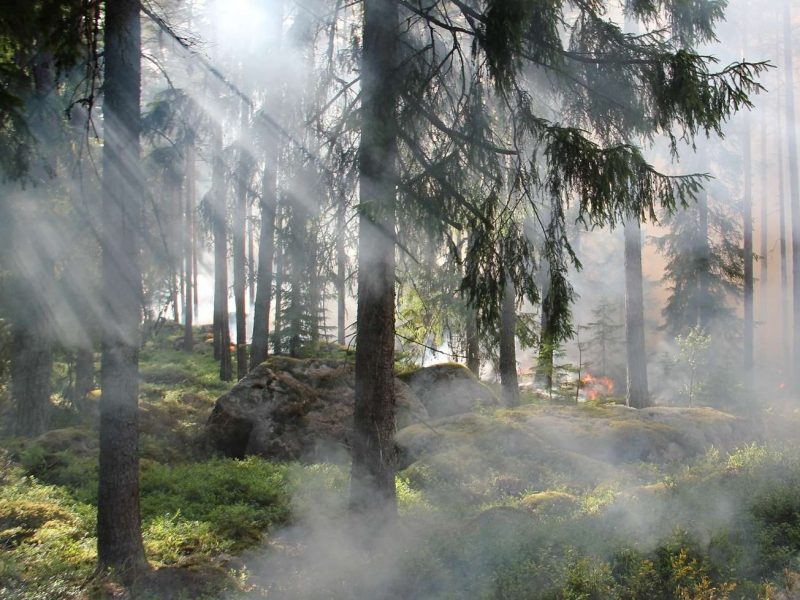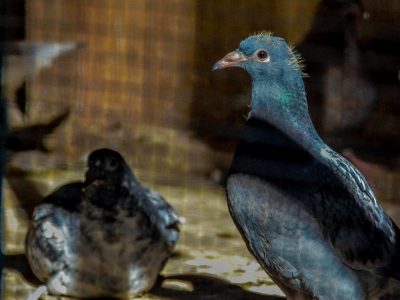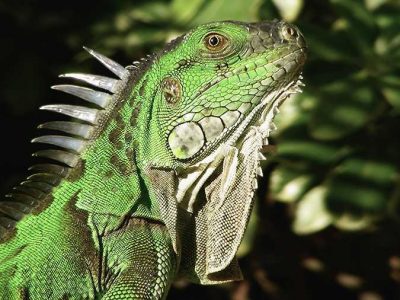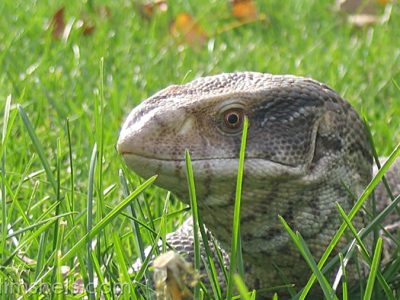
Here’s an excellent site about general bird safety. The only thing that is controversial on there is the wing clipping information. While wing clipping will prevent the bird from flying away, there are some data to indicate that it can adversely affect the bird behaviorally. The final word on that is still pending, personally I think that if there is any chance your bird could escape you should trim its wings.
And PLEASE BRING YOUR BIRD TO THE VETERINARIAN (or anywhere else) IN A CARRIER! I don’t care how well trained the bird is, if a bird hunting dog happens to be in the lobby and wants to eat the bird, there isn’t a whole lot you can do about it….
Some general notes for our local area pertaining to wildfires and wood stoves:
Why are birds more susceptible to the toxic effects of smoke? Short answer: because their respiratory system is more efficient than mammals’ so they can absorb more oxygen (this allows them to fly) but they absorb more toxins as well.
Long answer:
- Birds have more efficient oxygen binding in their red blood cells and more efficient oxygen transfer to the tissues
- Birds have “counter current” flow between the blood capillaries and air capillaries in their lungs, which means the flow of the air goes at right angles to the blood flow. This means at the beginning of the air flow (highest oxygen) the blood picks up a lot of oxygen and at the low oxygen end of the air flow the blood picks up a smaller amount of oxygen but it still picks up some– the end effect is that there is a much higher oxygen concentration in the blood.
- Birds also have a one-way flow of air through their respiratory tract, unlike mammals where the air goes in and then back out. They have air sacs in their body cavities and bones: the first breath goes into the abdominal air sacs, when they exhale it goes through the lungs, then when they inhale again that air goes into their thoracic air sacs and then out on the next exhalation. It is a lot more complicated than that but that’s the basic idea.
- Birds have a higher volume of air per breath and a higher respiratory rate so relatively more air goes through the system.
- The air sacs impart turbulence to the air flow so toxins and particulates can be deposited easier, and they can cause inflammation which can lead to localized infections. These infections (granulomas) are very difficult to treat especially if they are fungal infections.
What should we do for our birds when it gets smoky?
First, get your bird on a good diet as soon as possible — they do much better if they start out healthy. Seed diets cause malnutrition which results in a breakdown of the respiratory immune defenses and secondary infections even without smoke irritation and toxins. See http://www.harrisonsbirdfoods.com/.
Second, please do not smoke around your bird. It only makes things worse. Way worse.
Third, when we have a fire and poor air quality, keep your birds inside if you can. Keep the doors and windows closed as much as possible and run the air conditioner on “recirculate” if possible, and use any kind of air filter you can find in the bird room (not the ozone generators). We use a medical-grade FilterQueen which is quite expensive but works great.
If you are running the wood stove during the winter, keep your birds as far away from the smoke as possible, and ventilate the area as well as possible. Many times wood stoves/fireplaces will cause sudden death in pet birds, if this happens it is probably from carbon monoxide and you should immediately ventilate the house. It would be a good idea to have a CO monitor in the house as well.
Smoke from wildfires usually cause more of a chronic disease with secondary infections, the birds will show chronic respiratory signs up to 3 weeks later or more — they may start breathing hard, bobbing their tails, sitting on the bottom of the cage fluffed up or just acting lethargic and not wanting to eat much. Sick bird symptoms are very similar for different diseases so they may do anything abnormal.
Fourth, it might be a good idea to supplement birds with antioxidants during times of smoky conditions. Omega 3 fatty acids, grape seed extract, vitamins C and E are all options. It is easy to give Avix Sunshine Factor, http://www.harrisonsbirdfoods.com/products/avix.html and it is a good source of antioxidants.



